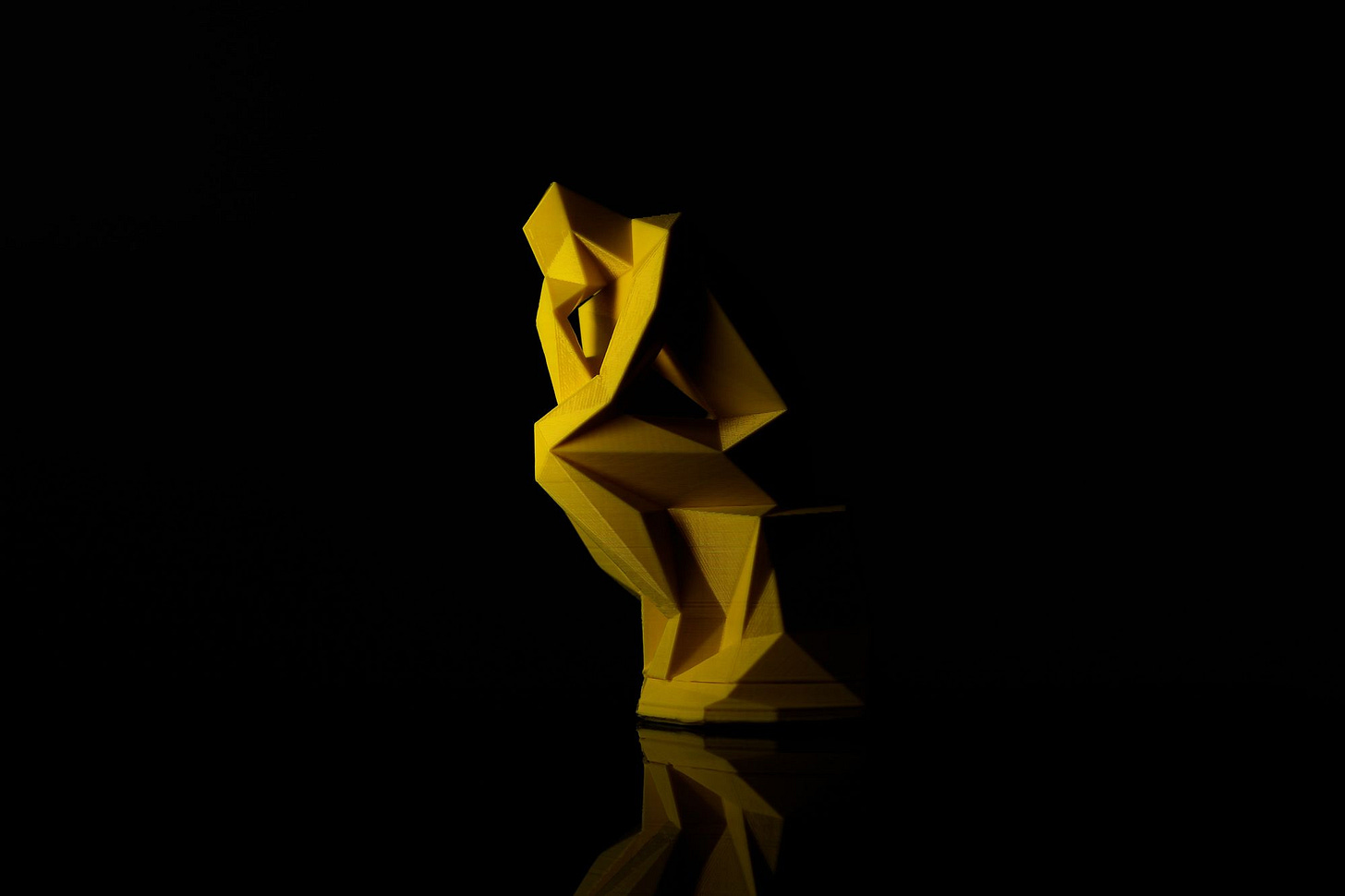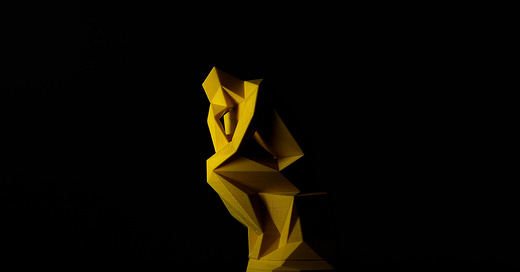Unguarded Thoughts

In the midst of a global pandemic, it’s easy to contemplate the concept of harm. Our body - or the body of someone we care about - being attacked by a virulent strain of wicked infectiousness.
Coupled with divisive politics and extreme positions on vaccination, we must also deal with harmful words and harsh sentiments of others. Sometimes others whom we previously considered to be rational thinkers.
Even outside the sphere of Covid we perceive danger in many places. And our natural inclination is to seek safety while providing adequate protection for our loved ones.
Yet in all our defensive vigilance, have we ever considered our thoughts to be chief among the assailants?
Consider this provocative insight from the Buddha:
Your worst enemy cannot harm you as much as your own thoughts, unguarded.
A part of us recoils at such a statement. How can unguarded thoughts be more harmful than all the suffering the world consistently presents?
But we’ve mistaken cause and effect, dreams for dreamer.
Thought is not the byproduct of experience; thought is the cause of experience.
As we read in Lesson 190 in A Course in Miracles:
It is your thoughts alone that cause you pain. Nothing external to your mind can hurt or injure you in anyway.
That is why the course re-minds us again and again:
It is with your thoughts, then, that we must work, if your perception of the world is to be changed. (W-pI.23.1)
Just consider the substantial time expended in the drama of “life” as compared to time invested observing our thoughts. And yet what we’re learning is that our efforts would be far more fruitful were we to reverse our selective attention.
Twenty-five hundred years after the Buddha, the Course echoes an uncannily similar encouragement: “It is much more helpful to remind you that you do not guard your thoughts carefully enough.” (T-2.VII.1)
Observing our thoughts opens the doorway to freedom, advancing us on the pathway of peace. This is the source of miracles, for which the book is so named.
Join me in Thursday’s class where we’ll explore the dynamic of thought and its connection to both pain and peace. I look forward to seeing you then.



